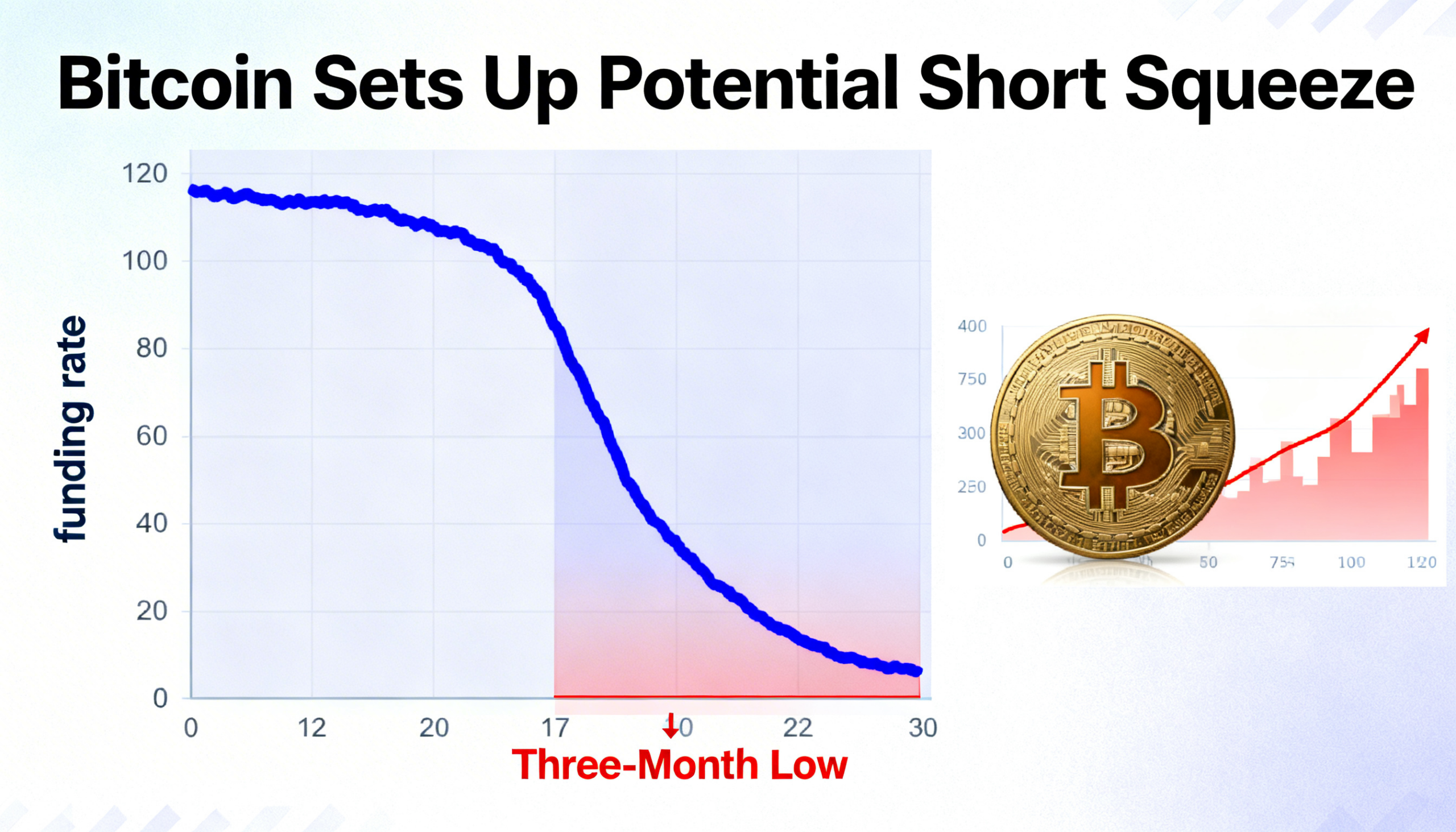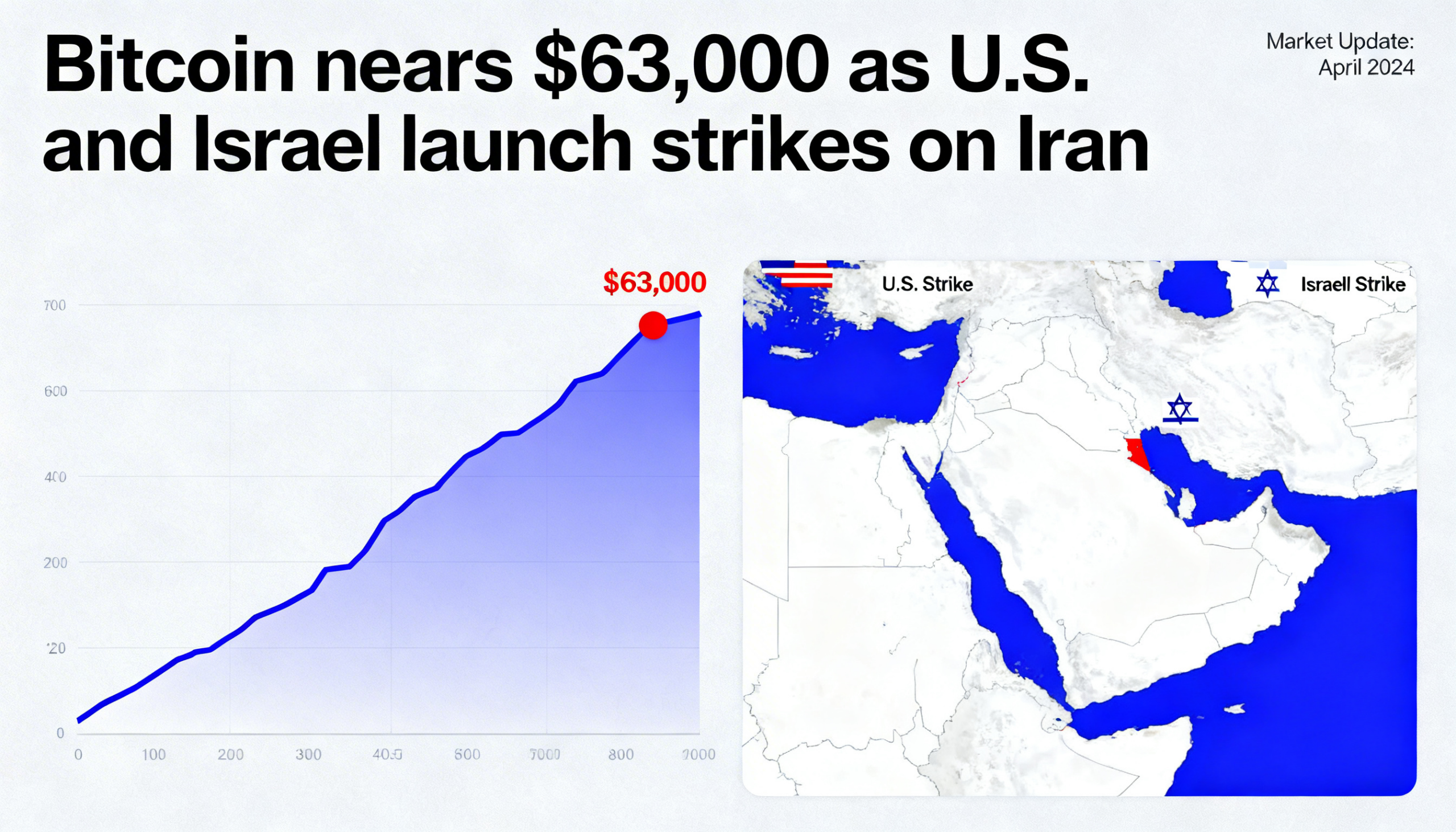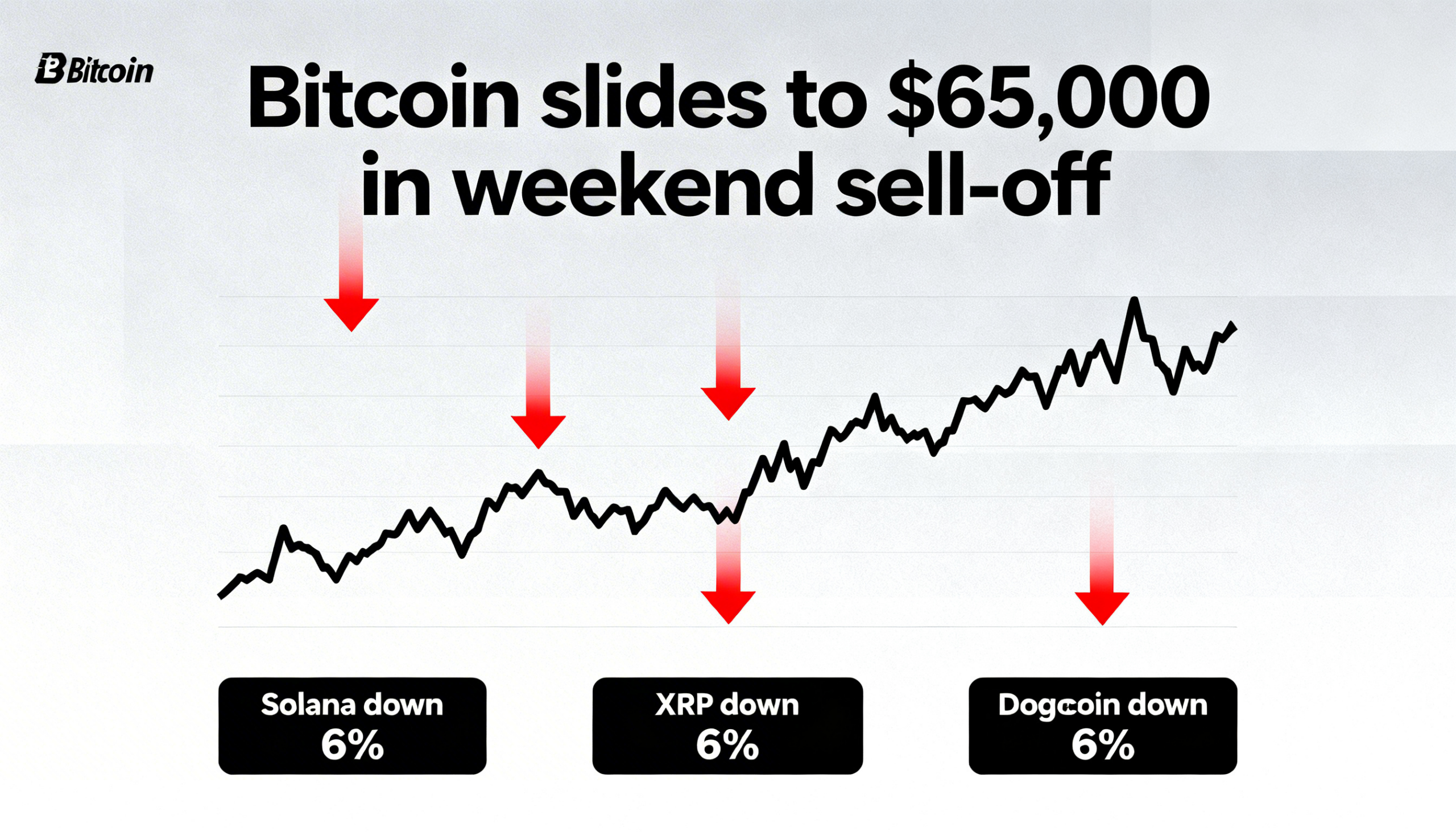Bitcoin Depot Faces Challenges Despite Bull Market Surge
Bitcoin Depot has processed approximately $3 billion in transactions since its founding in 2016.
Despite Bitcoin (BTC) surpassing the $100,000 mark last year, not all businesses centered around the cryptocurrency have thrived.
Bitcoin Depot (BTM), a company specializing in Bitcoin ATMs, reported a revenue decline from $150 million in Q4 2022 to $137 million in Q4 2024.
The dip in transaction volume was largely attributed to regulatory changes in California, the company told CoinDesk. Furthermore, Bitcoin Depot’s cash flow has historically not been strongly correlated with Bitcoin’s price action, according to Brandon Mintz, the company’s president and CEO.
“Even during the market downturn in 2022, transaction volumes continued to grow,” Mintz stated.
Bitcoin Depot’s stock has plummeted roughly 85% since it debuted on the Nasdaq following its 2023 merger with a special purpose acquisition company (SPAC). The company’s market capitalization currently stands at $82 million.
The firm dismissed concerns that spot Bitcoin exchange-traded funds (ETFs), which were introduced in the U.S. in January 2024, had diverted its customer base. “Historically, our business isn’t directly impacted by Bitcoin price fluctuations or investment vehicles like ETFs,” a spokesperson said via email. “We have yet to see any evidence that ETFs have affected our transaction volumes.”
Mintz explained that Bitcoin Depot primarily caters to unbanked individuals, cash-preferred users, older customers unfamiliar with digital payment methods, and crypto enthusiasts who prefer cash-based Bitcoin transactions. “We serve a niche customer base, and that remains our focus,” Mintz emphasized.
Bitcoin Depot purchases its ATM kiosks from third-party manufacturers but installs proprietary Bitcoin transaction software. New machines typically cost between $5,000 and $7,000, with the company recouping the expense in about a year after installation.
Currently, Bitcoin Depot ATMs only facilitate Bitcoin transactions. “We previously supported other cryptocurrencies, but after going public, we decided to pivot to Bitcoin exclusively due to regulatory uncertainties,” Mintz said. “The SEC was pursuing legal action against firms offering altcoins that it deemed securities, so we eliminated that risk. This approach has proven beneficial, as our product is designed for beginner-level users rather than sophisticated traders.”
According to the company’s latest investor presentation, Bitcoin Depot has facilitated nearly $3 billion in transactions since its inception. While its primary market remains North America, Mintz hinted at potential plans for international expansion.
































